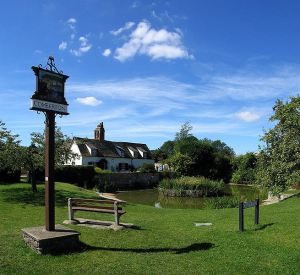"You can't live in the hallway."

April 22, 2010

The following is an important observation from an article by Michael Horton:
I’ve argued elsewhere that evangelicalism is like the village green in older parts of the country, especially New England. There may be two or three churches on the grounds, but the green itself is a wide open space where people from those churches can spill out in conversation and cooperation. Evangelicalism is not a church, though it often acts like one. It isn’t the big tent (more appropriate, given the history) that encompasses all of the churches on the green. It’s just…, well, the green. When it tries to adjudicate cases of faith and practice through conferences, press releases, and blogs, evangelicalism (including Calvinistic versions) exhibits its movement mentality.
My analogy echoes C. S. Lewis’s “mere Christianity”: a hallway in a large house where believers mix and mingle, often opening the door as non-Christians knock. But, as Lewis insisted, it’s in the rooms where people actually live as a family—where they sleep, are warmed by the fire, fed and clothed, and grow. We are formed in the family life of Christ’s body by particular churches, with their distinct confessions and practices. You can’t live in the hallway.
I’m not against evangelicalism as a village green or hallway. In fact, I think it’s a wonderful meeting place. However, when it acts like a church, much less replaces the church, I get nervous.




